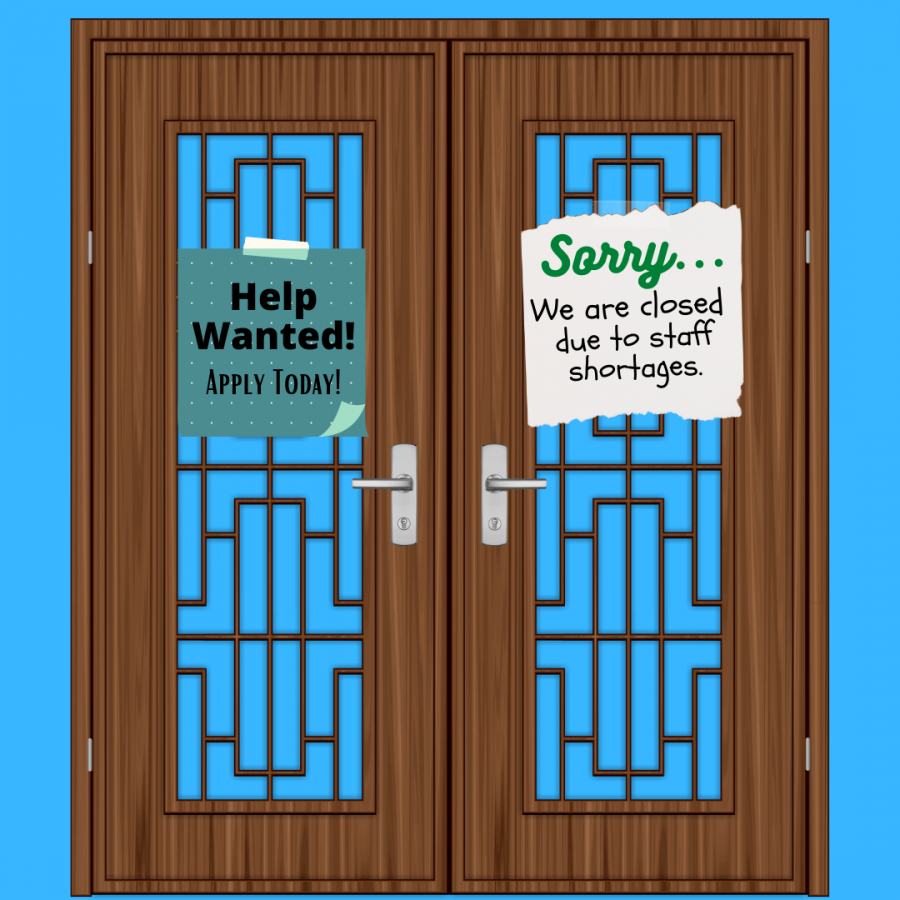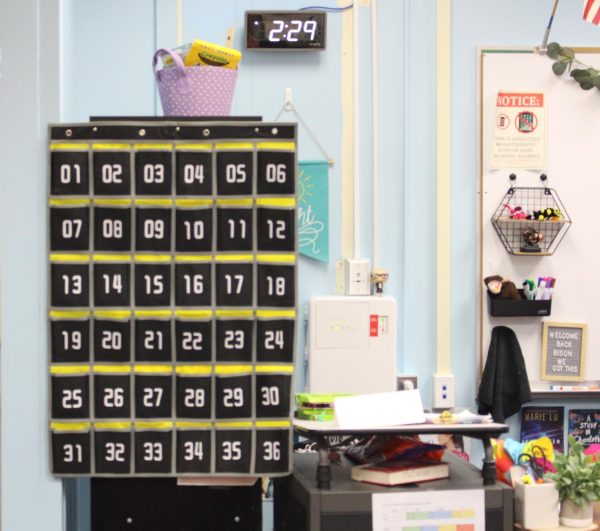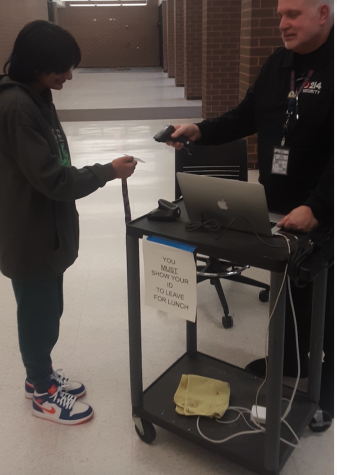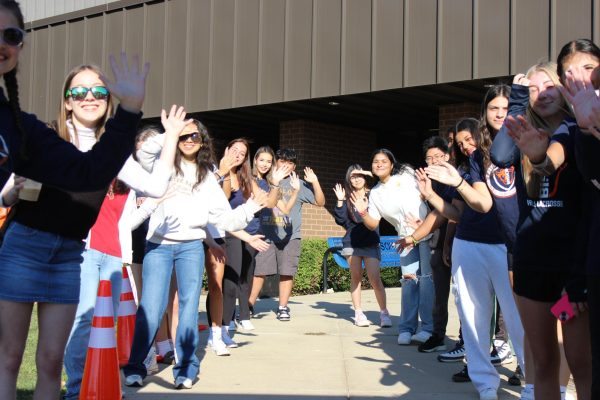Businesses experience impacts of pandemic with employee shortages
Due to the pandemic people had to stay home and quarantine and that has changed the overall philosophy of work. Predominantly, it has also opened up more opportunities to work remotely.
“We were not sure we could do that, but we knew we had the capability with the electronics and internet,” personal finance teacher, Joseph Salvato said.
COVID-19 forced us to change to adapt. Small businesses had to get more creative to be able to compete with others. First of all, they have to look at their workforce and see who’s in manufacturing. Whoever is in manufacturing has to be there every day.
“But the people in the front office, I think it’s a given that they have to offer a remote/hybrid option,” Salvato said.
Although much of the workforce has inched closer to back to normal, we will see the impacts of this on the economy for years to come.
“I definitely think that is hurting the economy in the short term,” Salvato said. “The economy has a great way to adjust and it will adjust.”
Without adapting we can’t survive. So we have to change, that means businesses have to make decisions. Maybe shortening hours, increasing wages, etc. In order to be successful these businesses have had to be creative.
Many people believe that we are experiencing one of the biggest employee shortages in history, but that might not be the case. There has always been a disjoint just maybe not as obvious as it is now. In the availability of labor, sometimes the supply is high.
“The greatest disjoint in labor was the Black Plague. Wiped out 30% of the population of Europe,” Salvato said.
There were not enough people to work. As a result of that, the following year was the highest period of inflation.
We have already seen the impacts of this in our schools with there currently being a high demand for substitutes and bus drivers, and not enough individuals filling these vacancies. Even during more solid economic times of growth there is often a shortage. When you add in a pandemic and vaccination requirements, it is definitely more apparent.
The concerns and issues will most likely have an impact on the futures of businesses and what will happen with them.
“When you add in a shortage of workers and higher prices the labor market gets “tight”,” AP Economics teacher, Pete Duffer said. “Some companies will invest in technology that can replace workers and other firms will increase wages to attract and retain workers.”
Businesses like McDonalds have recently spent millions to find workers nationally. An increase in wages is a major incentive, but this can often then be trickled down to the consumer.
The amount of people out looking for a job has gone down after COVID started resulting in the shortage of employees. Economists call this Labor Force Participation rate. That is the % of people over 16 that are looking for a job or have a job. According to Fred Economic Data, that number before COVID was 63.4%. It dropped to 60% last year and is only up to 61% now.
Attracting people to the Labor Force is not easy. Although supply chain disruptions, lower labor force participation rate and inflation may be short term problems, they will change how businesses behave long term.
Senior and current Chipotle employee, Danielle Velasquez, has witnessed some of the impacts of this at her job firsthand.
“In the summer, we actually had an overload of employees. But right now in the winter people start leaving,” Velasquez said.
According to Velasquez, online ordering systems may be more convenient to consumers, but actually tend to cause even more stress for businesses.
“Due to the pandemic last year we didn’t have a lot of employees and when we don’t have enough people or someone misses a shift we usually have our online orders sometimes late, sometimes even by 30 minutes,” Velasquez said. “Then, the customers get really mad but it is hard sometimes since we don’t have enough people to put in different spots, and all the orders end up getting back tracked.”
COVID has also highlighted minimum wage concerns. Many teens especially believe they should be getting paid more than what is available.
The impact of the pandemic on businesses is something that will be felt for years to come. It has affected the economy, students, teachers, and business owners. In the short term, Velasquez encourages peers to apply for a part-time job, not only to help with shortages, but to gain valuable time management skills that can translate to academics as well.
“I feel the best way to help solve this problem is to apply to more jobs because especially in the upperclassmen, I have noticed a lot of people don’t have jobs,” Velasquez said. “I know there have even been studies that show if you work 20 hours a week, you are more likely to be a successful student.”









